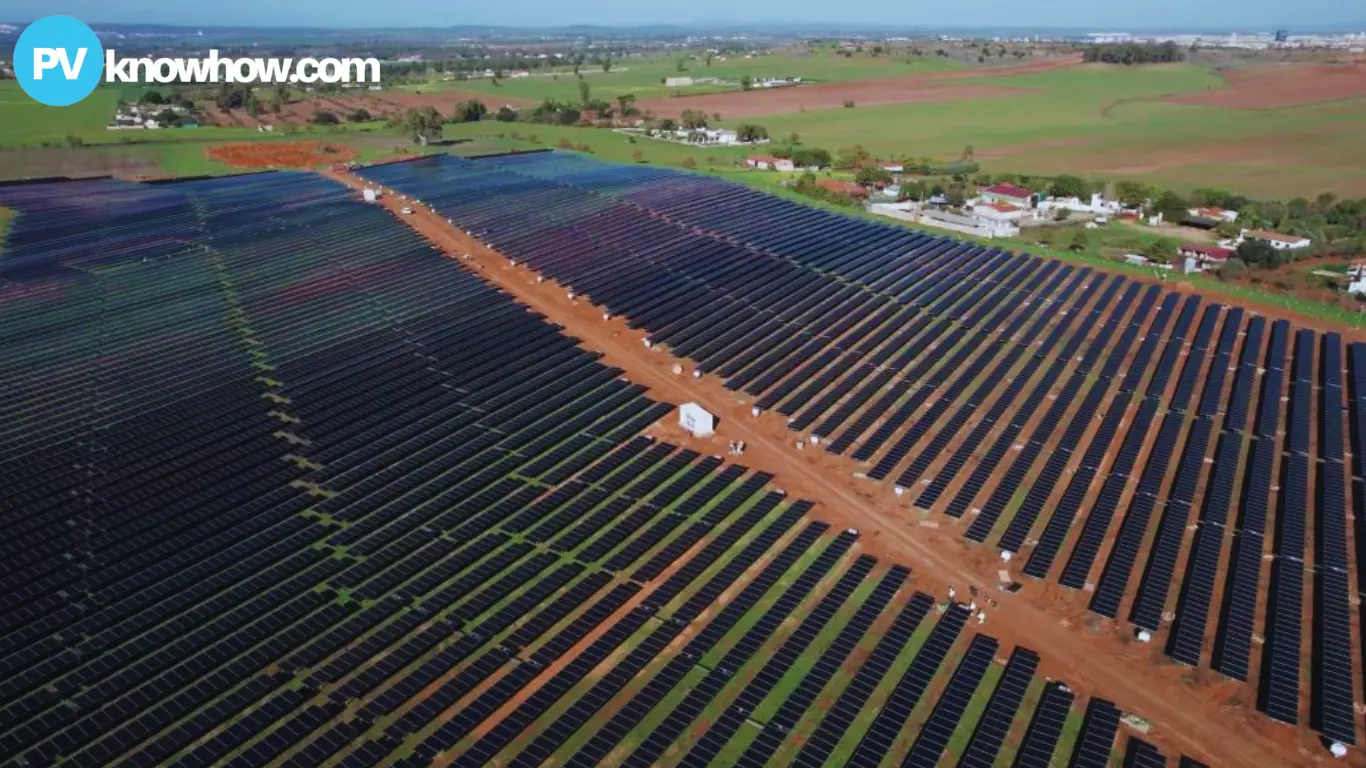Aquila Clean Energy has received authorisation to build five solar PV plants in Spain with a total capacity of over 700 MWp. These solar PV plants will generate renewable energy for 345,000 households annually, significantly reducing Spain's carbon emissions.
Solar PV Plants to Power 345,000 Households
Aquila Clean Energy – a leader in renewable energy development – has achieved a significant milestone with the authorisation to construct five solar PV plants in Spain. These solar photovoltaic plants will have a combined capacity exceeding 700 MWp. They will be located in Palencia, Cordoba, Granada, Leon, and Toledo.
Together, the solar PV plants will generate enough renewable energy to power approximately 345,000 households each year. The energy produced by these plants will play a crucial role in reducing Spain's carbon footprint, as it is expected to avoid the emission of 340,000 tonnes of CO2 annually.
The construction of these solar PV plants will not only contribute to the energy transition but also have a significant economic impact on the local communities. Aquila Clean Energy anticipates that the projects will create more than 2,400 jobs across the regions involved.

Aquila Clean Energy's five solar plants in Spain will generate over 700 MWp, powering 345,000 homes and creating 2,400 jobs.
Jorge de Miguel, Head of Development and Construction for Aquila Clean Energy in Spain, expressed his enthusiasm for the project, stating, “Obtaining the authorisations for these plants is great news for our company and for the provinces where these projects are located.”
“They represent a major step forward in our strategy in Spain and underline our commitment to a just energy transition. These projects will have a dynamic effect on the local economies and societies in these regions,” he added.
Social and Environmental Measures for the Solar PV Plants
Aquila Clean Energy is committed to ensuring that its solar PV plants not only generate renewable energy but also positively impact the local environment and communities. The company has implemented a series of social and environmental measures to maximize the benefits of its projects.
Aquila Clean Energy has prioritized environmental conservation in the planning and construction of its solar PV plants. One of the key initiatives is the protection of bird species in the areas surrounding the plants.
To this end, the company will bury power lines to reduce the risk of bird collisions and install nesting boxes for birds of prey within the plant sites. Additionally, native plants will be cultivated under the photovoltaic panels, and a specially designed fence will be erected to allow animals to pass safely.
In some locations, Aquila Clean Energy has also launched a steppe bird conservation project. This initiative includes the creation of a landscape integration plan, where a perimeter vegetation screen and vegetation tiles are planted within the solar PV plants.
Beyond environmental considerations, Aquila Clean Energy is committed to the social well-being of the communities hosting its solar PV plants. The company has developed an employability plan aimed at fostering economic growth and enhancing the employability of residents.
This plan will be rolled out in collaboration with local administrations, who will help disseminate information about recruitment opportunities. Additionally, Aquila Clean Energy will organize training courses to equip residents with the skills needed to work in the renewable energy sector.
A Major Step Forward for Renewable Energy in Spain
Authorising these five solar PV plants marks a significant advancement in Spain’s renewable energy landscape. With over 3 GW of projects under development, Aquila Clean Energy is at the forefront of the country's transition to sustainable energy.
The solar PV plants in Palencia, Cordoba, Granada, Leon, and Toledo will not only provide clean energy to hundreds of thousands of households but also contribute to the reduction of carbon emissions and the protection of local ecosystems.
Aquila Clean Energy’s commitment to social and environmental responsibility underscores the company’s holistic approach to renewable energy development. By integrating environmental conservation and social impact initiatives into their projects, they ensure that their solar PV plants benefit both people and the planet.
